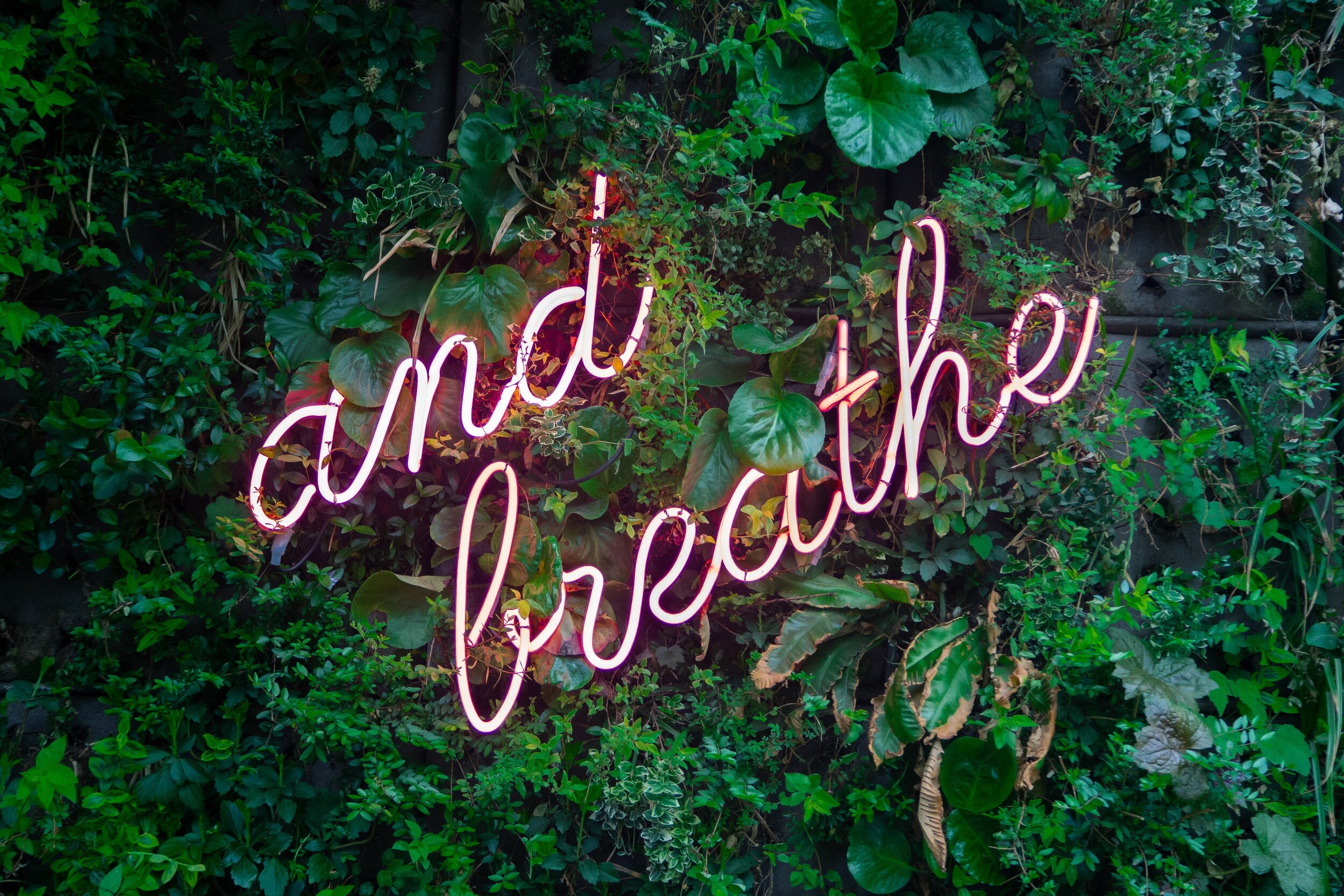Feeling resentful? You may have chosen the discomfort of resentment over the discomfort of setting a boundary.
Before saying yes to someone’s request or invitation, ask yourself whether you’ll feel resentful afterwards. If you agree to do something that makes you feel resentful, own your choice. Take responsibility for how you feel. This isn’t about blame, but about honoring your power in your own life.
Boundaries let people know how, when, and to what degree they can be in relationship with you. Are there certain conditions in which you could say yes to the request without feeling resentful? If so, your boundary may sound like one of the following statements:
“I would need to be compensated X amount.”
“I have two hours available but not four.”
“I can do that next week, but not today.”
If you’re not sure yet where your boundary is, you can buy yourself some time by saying, “I’ll get back to you.”
As you start setting boundaries, some people may push back on them, but others will welcome them. Imagine that you were in their shoes. Would you want a friend to say yes to every request you make, at the expense of their own wellbeing, while secretly building resentment? Or would you rather they let you know what their capacity truly is at that time?
Do you struggle with setting boundaries? There can be many different reasons why it’s especially difficult for some of us. As a child, you may not have witnessed clear and healthy boundary-setting in the home. Codependence and people-pleasing may have been what your caregivers modeled. Or it could have been dangerous to set boundaries due to physical or emotional abuse. In those childhood circumstances, not voicing boundaries was an adaptive, effective survival strategy. However, once you’re an adult in a safe environment and are trying to build healthy, reciprocal relationships, that survival strategy is no longer helpful.





